Supporting Good Design
We support and help organizations in the development of outdoor spaces that embody regenerative principles and practices by utilizing ecological design. We have collaborated with schools, community partners, and other stakeholders on land-based projects ranging from gardens that serve as living classrooms, wildlife habitats, community gathering places, outdoor classrooms, and beyond. Our approach integrates permaculture ethics, focusing on earth care, people care, and fair share, to create spaces that not only enhance biodiversity and ecosystem health, but also foster a deeper connection between people and Nature. We strive to empower our partners to embrace sustainable practices and build a greener, more resilient future.
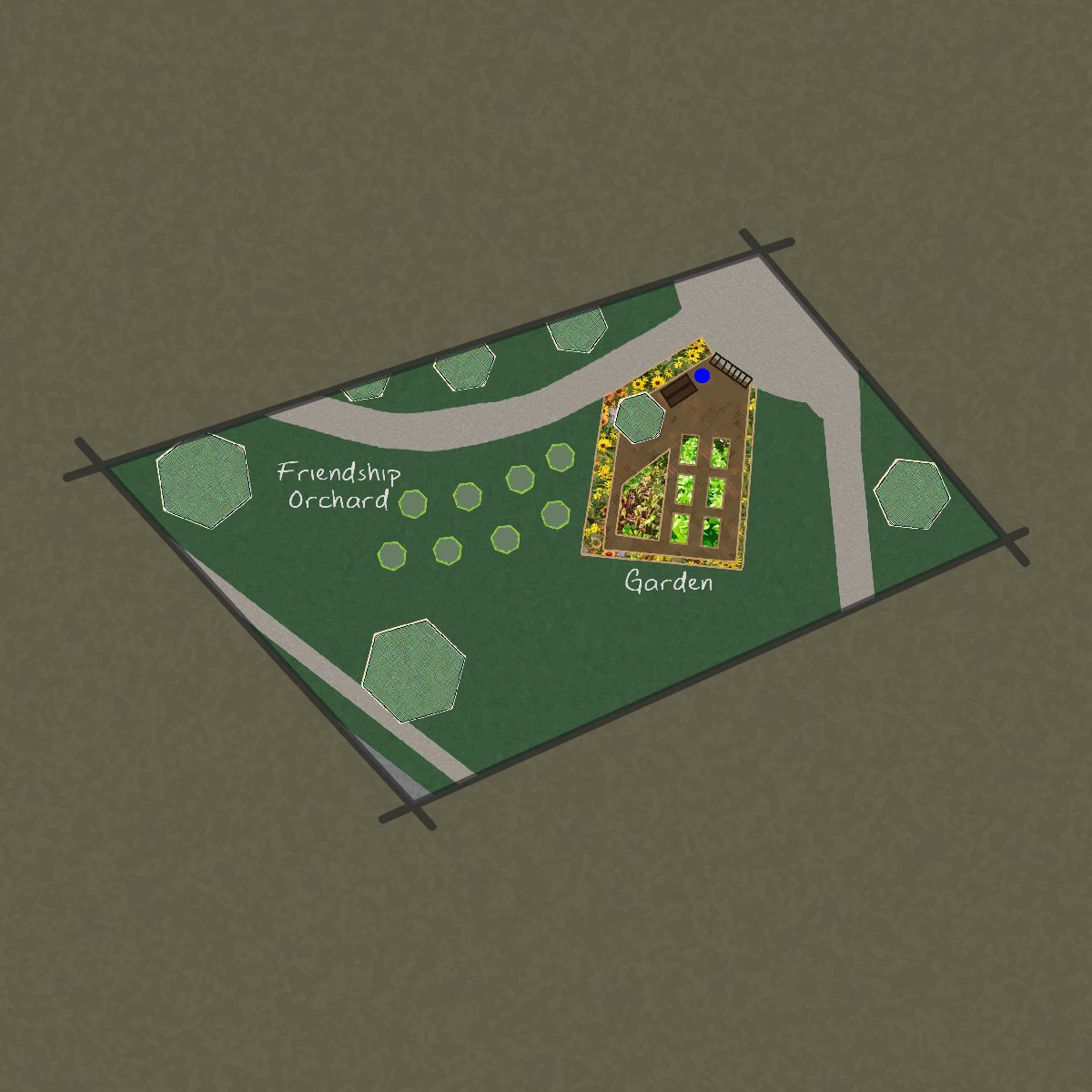
Garden and mini orchard design for a middle school.
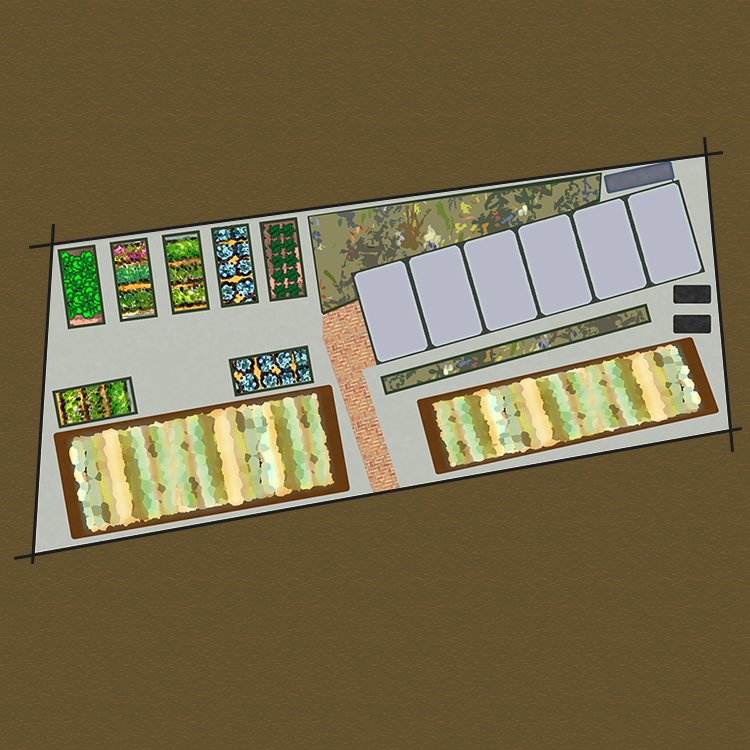
Urban lot conversion for urban agriculture system.
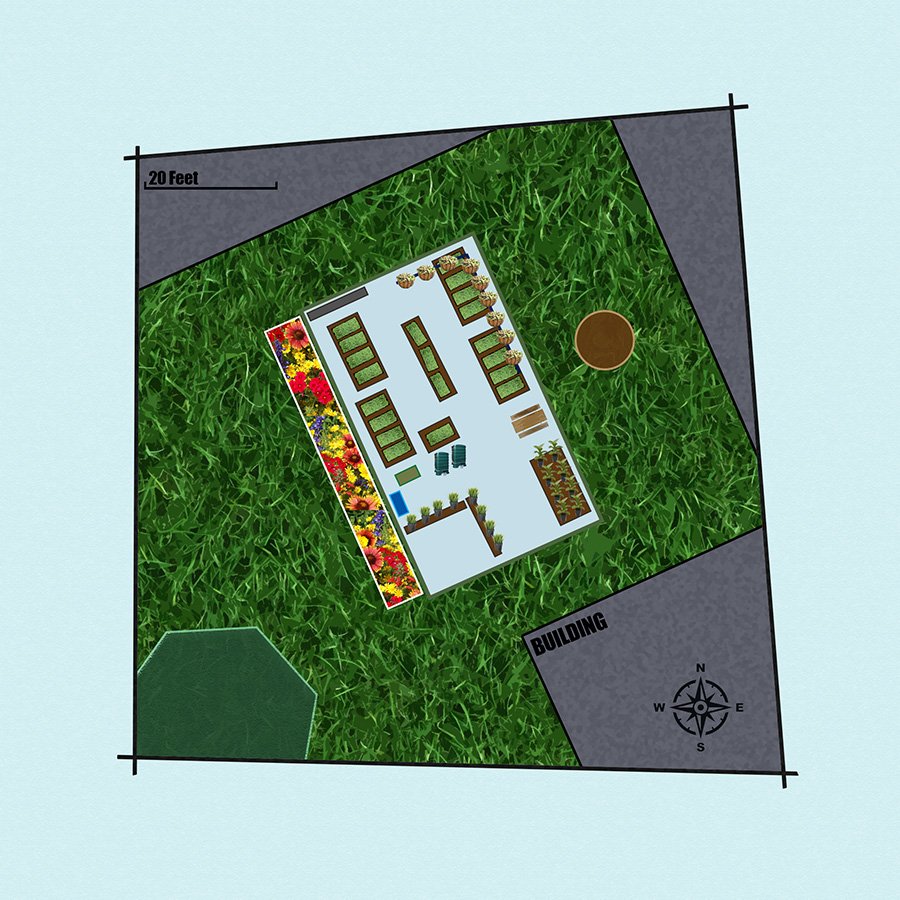
Reconfiguration of greenhouse with enhanced learning opportunities at a school, improved layout, and the addition of a wildflower meadow.

Utilizing an asphalt lot for urban hydroponic farming, composting, rainwater harvesting, and supporting wildlife.
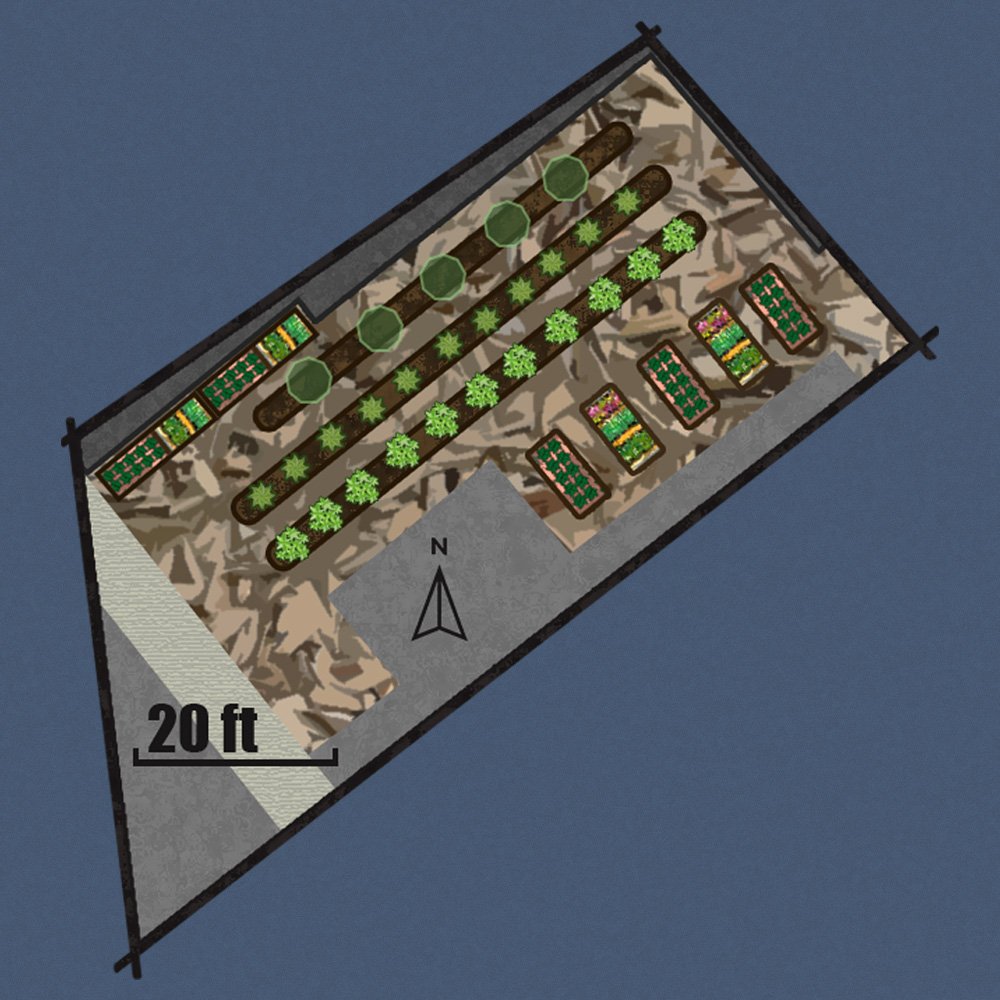
Improving the designs of urban gardens.
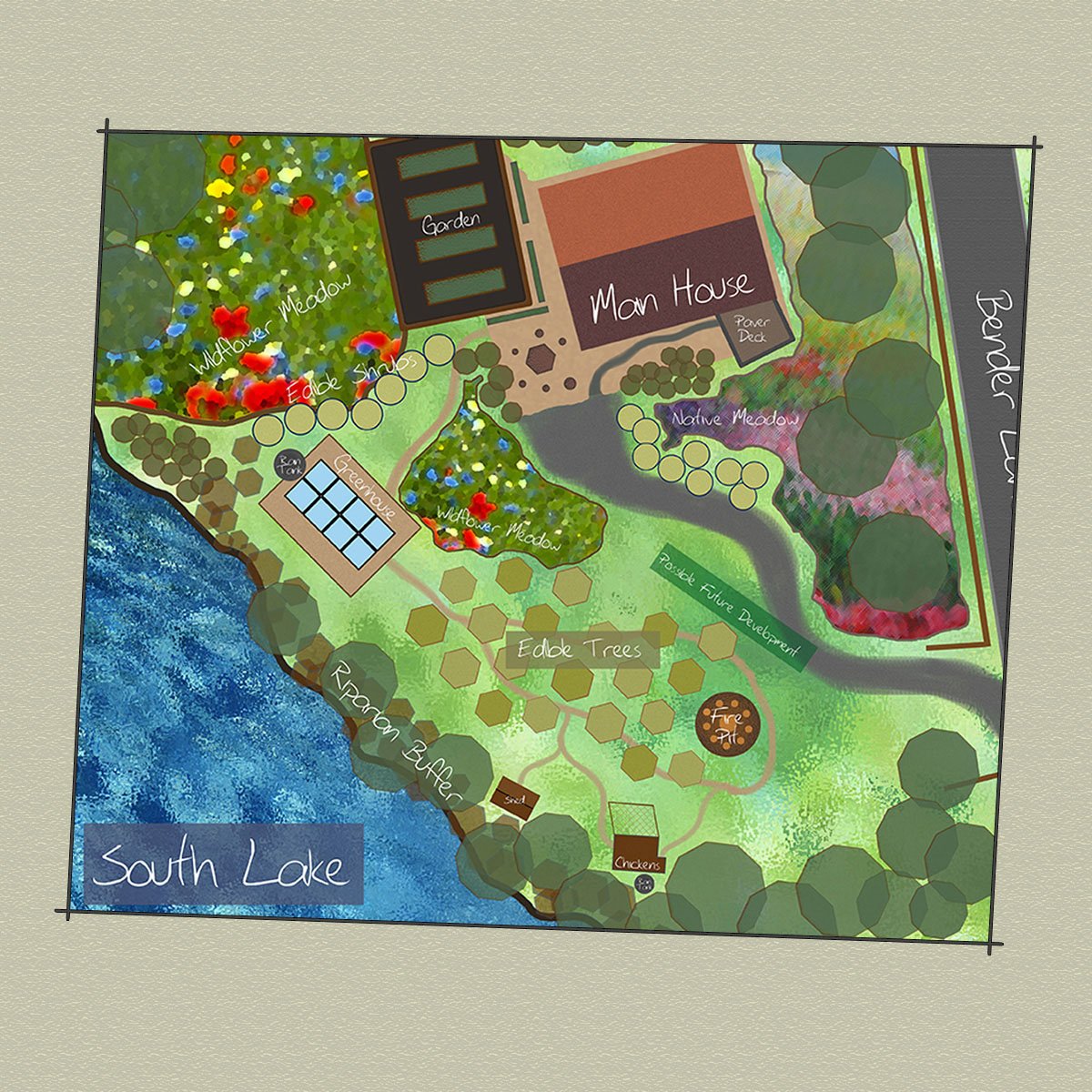
Full ecological design of residential property.
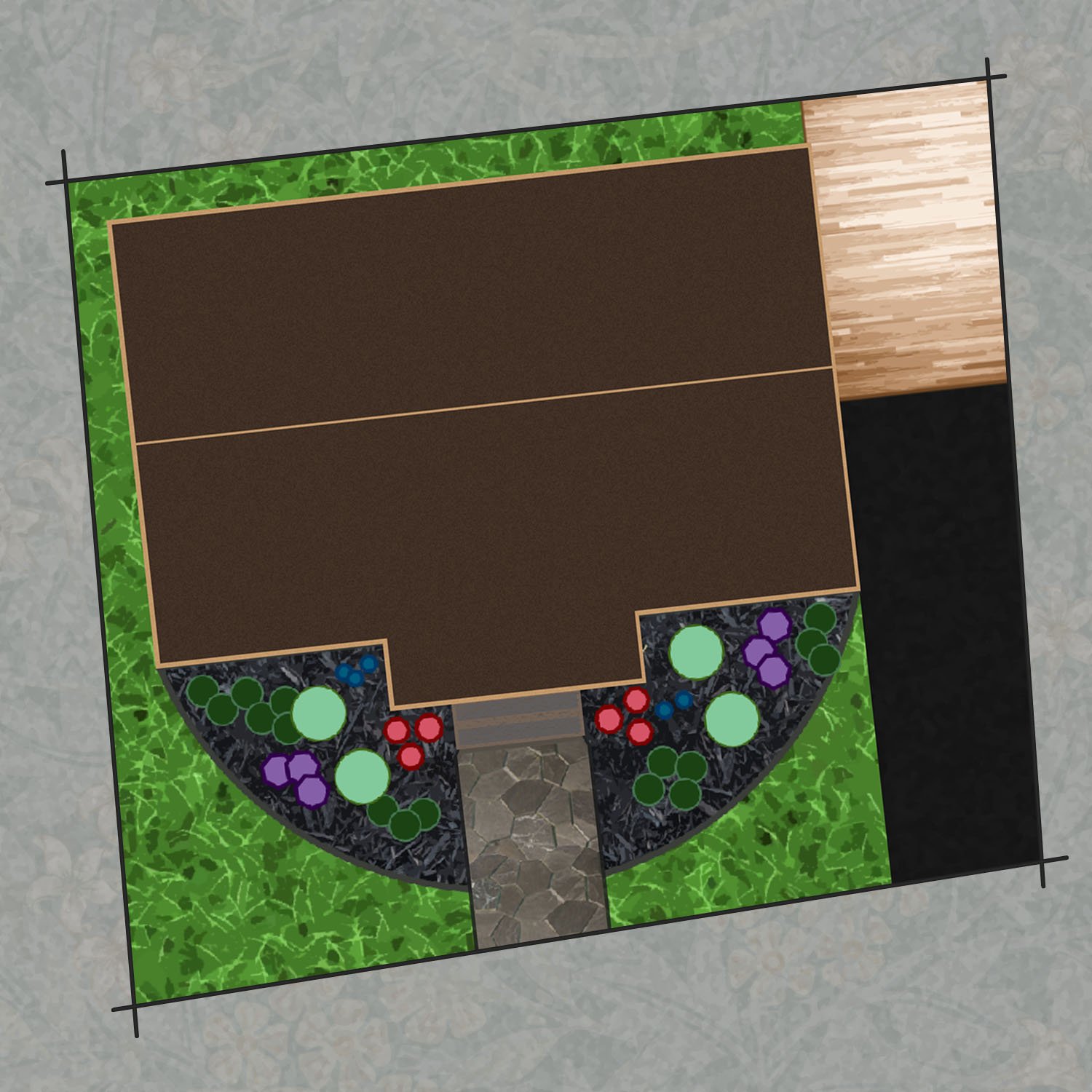
Lawn replacement reducing maintenance and increasing biodiversity.
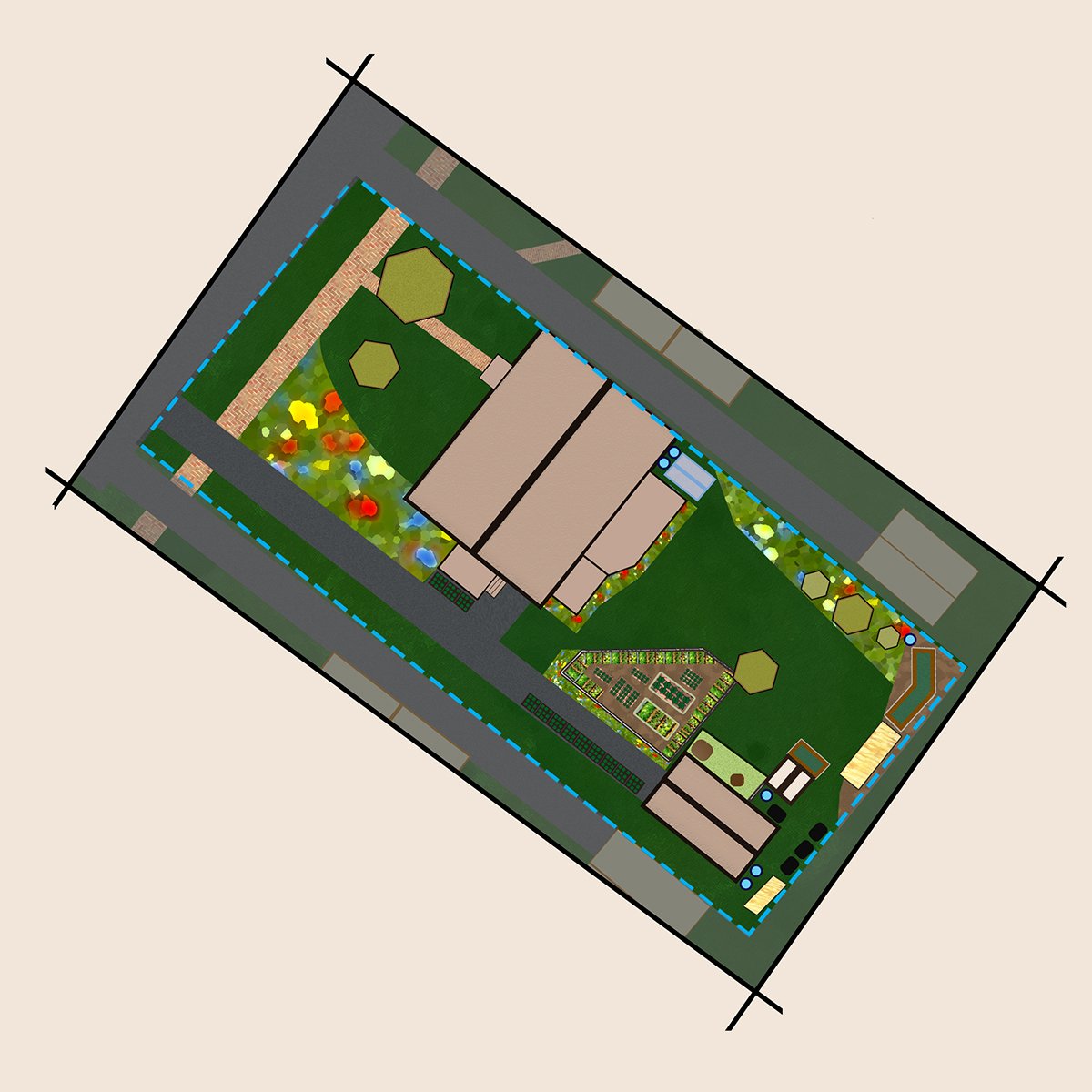
Urban site with gardens, animal husbandry, perennial crops, compost systems, and more!
A Collaborative Approach
Our goal is to transcend the conventional role of a ‘service provider’. We are passionate about helping organizations bring their vision to realization, and work toward resilient and sustainable communities through a truly collaborative ethos. We champion partnerships that tie together educational components, volunteer opportunities, and other initiatives that unite stakeholders toward a common goal: building a better future for our children, and for our local community. Our commitment extends beyond purely economic transactional exchanges, we seek out projects that share our dedication to regenerative values, and aim to work together toward a better future for all.
What is
Ecological Design
Ecological design is the intentional crafting of spaces that harmonize with the natural world. Rather than imposing human preferences without regard for the ecosystems around us, ecological design seeks to integrate human needs in a way that honors the surrounding ecology.
In practical terms, this means using sustainable materials, minimizing waste, conserving water, avoiding poisons and pollution, and supporting biodiversity.
A helpful reference are the ethics of permaculture, which are typically summarized as "earth care, people care, and fair share." These ethics guide the design making process by emphasizing the importance of sustainability, community well-being, and the equitable distribution of resources. This could mean designing a garden not only to produce food, but also to provide habitat for wildlife, create beauty, and foster a sense of connection to Nature.


